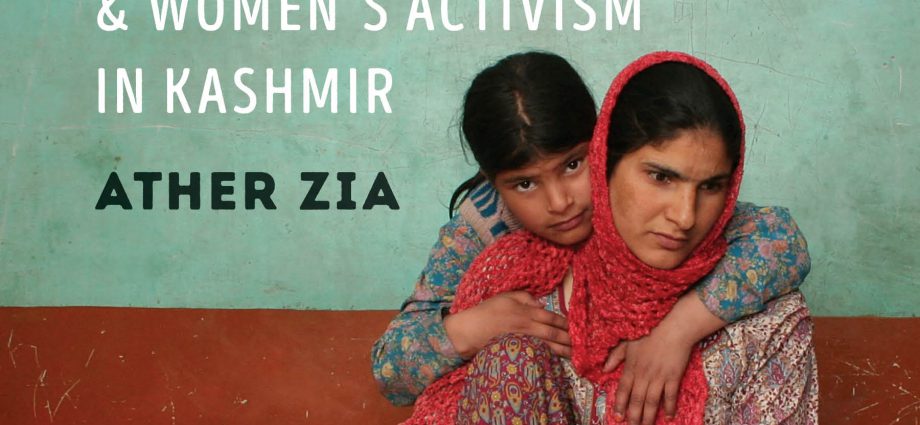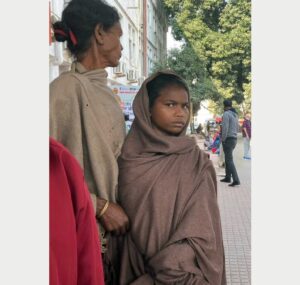

In Kashmir’s frigid winter a woman leaves her door cracked open, waiting for the return of her only son. Every month in a public park in Srinagar, a child remembers her father as she joins her mother in collective mourning. The activist women who form the Association of the Parents of the Disappeared Persons (APDP) keep public attention focused on the 8,000 to 10,000 Kashmiri men disappeared by the Indian government forces since 1989. Surrounded by Indian troops, international photojournalists, and curious onlookers, the APDP activists cry, lament, and sing while holding photos and files documenting the lives of their disappeared loved ones. In this radical departure from traditionally private rituals of mourning, they create a spectacle of mourning that combats the government’s threatening silence about the fates of their sons, husbands, and fathers.
Drawn from Ather Zia’s ten years of engagement with the APDP as an anthropologist and fellow Kashmiri activist, Resisting Disappearance follows mothers and “half-widows” as they step boldly into courts, military camps, and morgues in search of their disappeared kin. Through an amalgam of ethnography, poetry, and photography, Zia illuminates how dynamics of gender and trauma in Kashmir have been transformed in the face of South Asia’s longest-running conflict, providing profound insight into how Kashmiri women and men nurture a politics of resistance while facing increasing military violence under India.
Excerpted with permission from the book, Resisting Disappearance: Military Occupation and Women’s Activism in Kashmir I first met Shabir Mir, a slight and painfully polite man, when he was looking to consult doctors for a chronic wound in his abdo- men, the result of torture at the hands of the Indian army. Shabir is pivotal to this ethnography because he experienced being disappeared. He had been in the custody of the Indian army for twenty-eight months during which his family knew nothing of his whereabouts. His predicament illus- trates how the Indian nation-state constructs bodies that are seen as fit to be eliminated without accountability. Shabir recalled that the soldiers, while torturing him, encouraged each other by saying, “Harami ko azadi chahiye, aukaat to dekho saley ki? Iss desh drohi ko maut dedo; azadi mill jayegi; kodey mein dalo, ye sab saley deshdrohi hain, dedo inko azadi [This bastard…
Related Posts


Donald Trump’s Master Economic Plan I Opinion by Yanis Varoufakis




